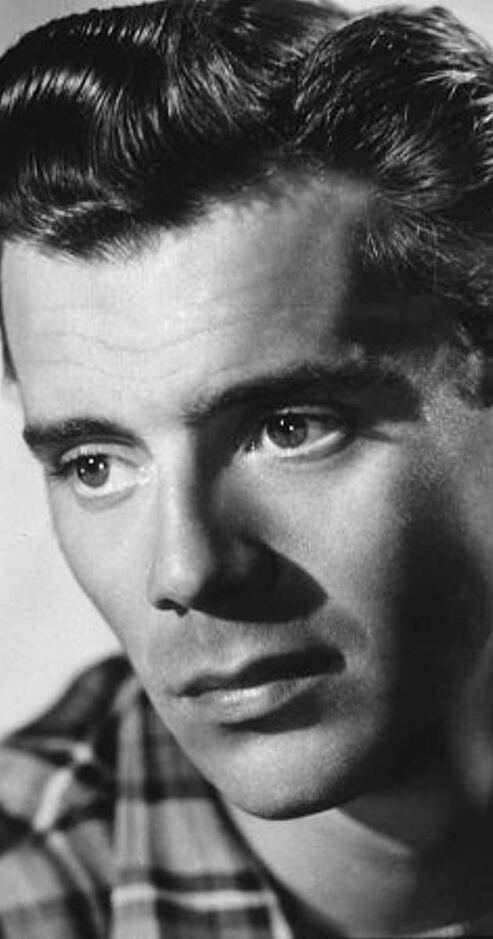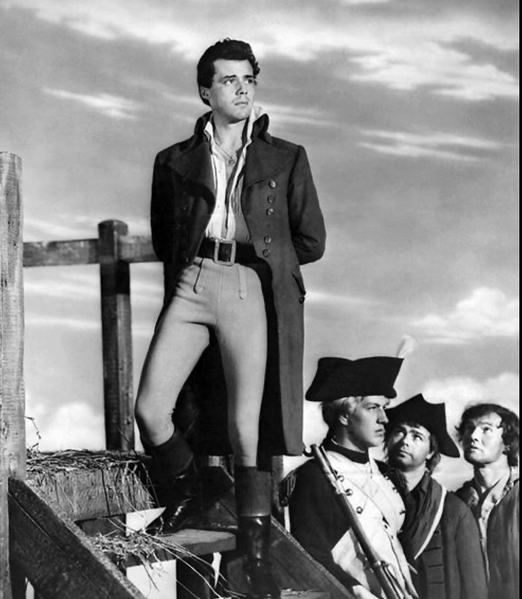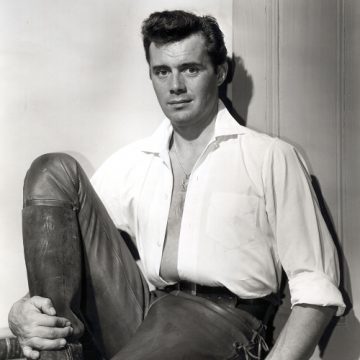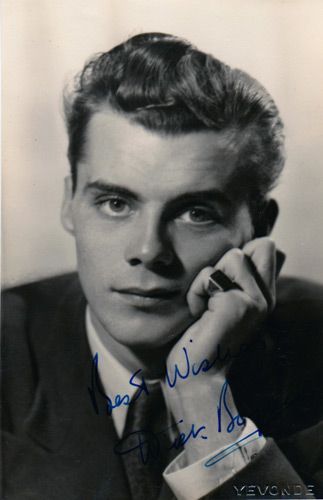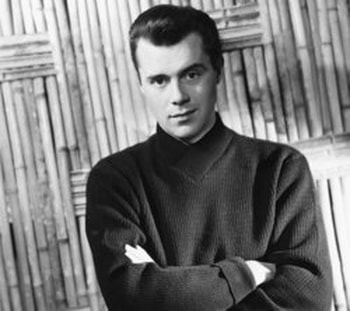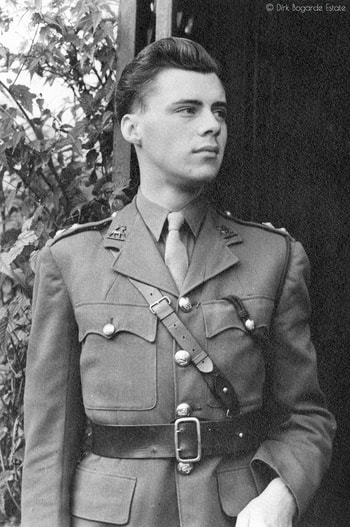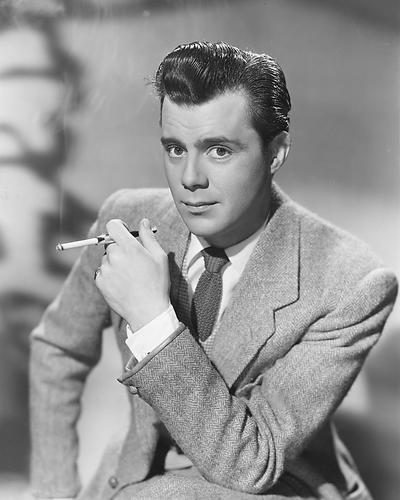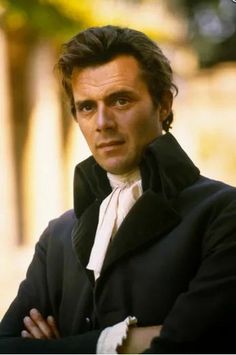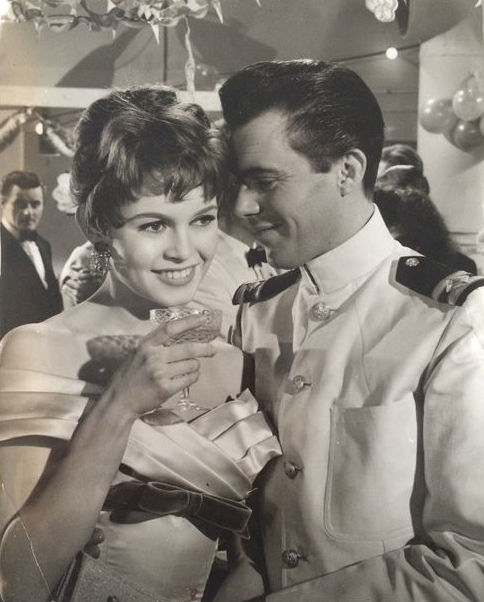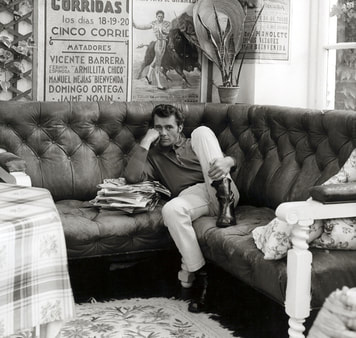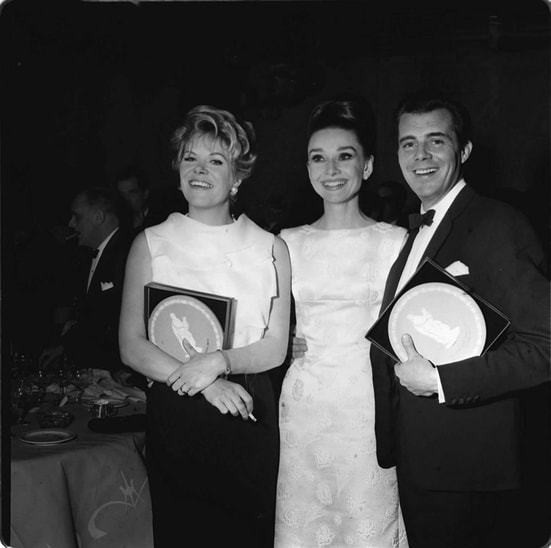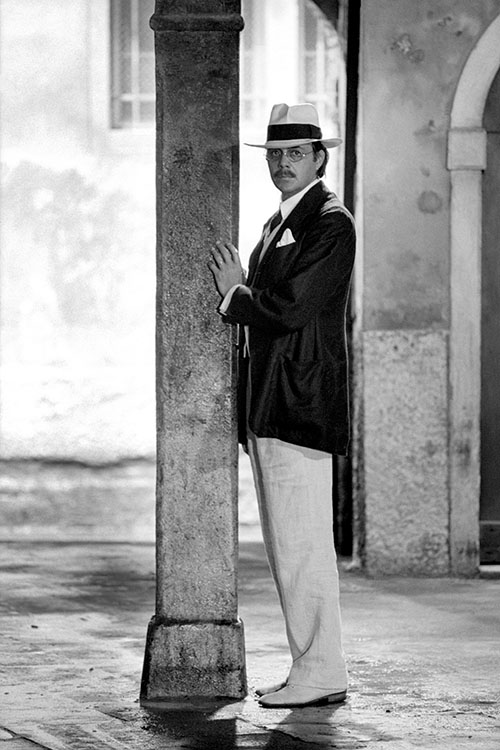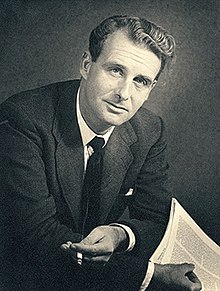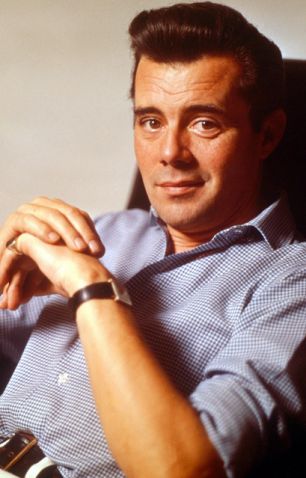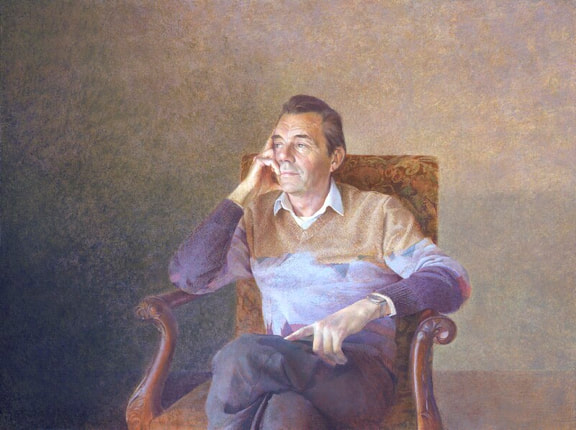|
Name: Dirk Bogarde Birth place: London, England Birth date: 28 march 1921 Nationality: British Languages: English Height: 174cm Weight: Death place: London, England Death date: 8 may 1999 Profile of Dirk BogardeSir Derek Jules Gaspard Ulric Niven van den Bogaerde (28 March 1921 - 8 May 1999), known professionally as Dirk Bogarde, was an English actor and writer. Initially a matinée idol in films such as Doctor in the House (1954) for the Rank Organization, he later acted in art-house films. In a second career, he wrote seven best-selling volumes of memoirs, six novels and a volume of collected journalism, mainly from articles in The Daily Telegraph. Bogarde came to prominence in films including The Blue Lamp in the early 1950s, before starring in the successful Doctor film series (1954–1963). He twice won the BAFTA Award for Best Actor in a Leading Role, for The Servant (1963) and Darling (1965). His other notable film roles included Victim (1961), Accident (1967), The Damned (1969), Death in Venice (1971), The Night Porter (1974), A Bridge Too Far (1977) and Despair (1978). He was appointed a Commander of the Order of Arts and Letters in 1990 and a Knight Bachelor in 1992. I just really like to be on my own.” Biography of Dirk BogardeDirk Bogarde was born to Ulric van den Bogaerde (1892–1972) of Flemish ancestry and Margaret Niven (1898–1980) who was Scottish. His father was Art Editor of The Times from Glasgow, and her mogher was a former actress. Dirk Bogarde had a younger sister, Elizabeth (born 1924) and a brother, Gareth Ulric Van Den Bogaerde(later an advertising film producer) born in July 1933, in Hendon. He attended University College School, and the former Allan Glen's High School of Science in Glasgow, a time he described in his autobiography as an unhappy one. From 1937 to 1938 he studied at the Chelsea School of Art. He began his acting career on stage in 1939, shortly before the start of the Second World War, with his first on-screen appearance being as an uncredited extra in the George Formby comedy, Come On George! (1939). During the war, Derek "Pip" Bogaerde served in the British Army, initially with the Royal Corps of Signals before being commissioned at the age of 22 into the Queen's Royal Regiment (West Surrey) as a second lieutenant in 1943. He served in both the European and Pacific theatres, principally as an intelligence officer. In 1939, he debuted in London West End theatre, with the stage name "Derek Bogaerde", in J. B. Priestley's play Cornelius. the war, Bogarde's agent renamed him "Dirk Bogarde" and he was handsome enough to begin a career as a film actor. He was contracted to the Rank Organisation under the wing of the prolific independent film producer Betty Box, who produced most of his early films and was instrumental in creating his matinée idol image during the 1950s. His Rank contract began following his appearance in Esther Waters (1948), his first credited role, replacing Stewart Granger. Bogarde featured as a medical student in Doctor in the House (1954), a film that made him one of the most popular British stars of the 1950s. The production was initiated by Betty Box, who picked up a copy of the book at Crewe during a long rail journey, and saw its possibility as a film. But Box and Ralph Thomas had difficulties convincing Rank executives that people would go to a film about doctors, and that Bogarde, who up to then had played character roles, had sex appeal and could play light comedy. They were allocated a modest budget, and were only allowed to use available Rank contract artists. The film was the first of the Doctor film series based on the books by Richard Gordon. He did his second Doctor film, Doctor at Sea (1955), co-starring Brigitte Bardot in one of her first film roles; then he did Doctor at Large (1957), again with Donald Sinden, another entry in the Doctor film series, with later Bond-girl Shirley Eaton. Some of other memorable movies Bogarde did during the 50s include: The Spanish Gardener (1956), with Michael Hordern; A Tale of Two Cities (1958), a faithful retelling of Charles Dickens' classic; The Wind Cannot Read (1958)where he plays a flight lieutenant in the Far East who falls in love with a beautiful Japanese teacher Yoko Tani; The Doctor's Dilemma (1959), based on a play by George Bernard Shaw and co-starring Leslie Caron and Robert Morley. After leaving the Rank Organisation in the early 1960s, Bogarde abandoned his heart-throb image for more challenging parts. He starred in the film Victim (1961), playing a London barrister who fights the blackmailers of a young man with whom he has had a deeply emotional relationship. The young man commits suicide after being arrested for embezzlement, rather than ruin his beloved's career. In exposing the ring of extortionists, Bogarde's character risks his reputation and marriage in order to see that justice is done. Victim was the first British film to portray the humiliation gay people were exposed to via discriminatory law, and as a victimized minority. Other roles included decadent valet Hugo Barrett in The Servant (1963), which garnered him a BAFTA Award, directed by Joseph Losey and written by Harold Pinter; The Mind Benders (1963), a film ahead of its times in which Bogarde plays an Oxford professor conducting sensory deprivation experiments at Oxford University (precursor to Altered States (1980)); as German industrialist Frederick Bruckmann in Luchino Visconti's La Caduta degli dei, The Damned (1969) co-starring Ingrid Thulin; as ex-Nazi, Max Aldorfer, in the chilling and controversial Il Portiere di notte (a.k.a. The Night Porter) (1974), co-starring Charlotte Rampling, directed by Liliana Cavani; and most notably, as Gustav von Aschenbach in Morte a Venezia, Death in Venice (1971), also directed by Visconti;and as Daddy in Bertrand Tavernier's Daddy Nostalgie, (a.k.a.These Foolish Things) (1991), co-starring Jane Birkin as his daughter, Bogarde's final film role. For many years Bogarde shared his homes, first in Amersham, Buckinghamshire, and then in France, with Anthony Forwood. Forwood, who had been married to actress Glynis Johns during the 1940s, was the father of the actor Gareth Forwood, their only child. Between 1939 and 1991 Bogarde made a total of 63 films. Bogarde was nominated five times as Best Actor by BAFTA, winning twice, for The Servant in 1963, and for Darling in 1965. In 1983, he received a Special Award for service to the Cinema at the Cannes Festival. In 1984, Bogarde served as president of the jury at the Cannes Film Festival. He was the first British person to serve in this capacity. On 4 July 1985 he was awarded an honorary Doctorate of Literature by St Andrews University in Scotland. In 1987 he was Awarded the British Film Institute Fellowship. In 1988, Bogarde was honoured with the first BAFTA Tribute Award for an outstanding contribution to cinema. In 1990 he was awarded the Commandeur de l'Ordre des Arts et des Lettres by the French government. In 1991 he received the London Film Critics Circle Lifetime Award. In 1992 Bogarde was created a Knight Bachelor in the United Kingdom, and in 1993 was awarded an honorary Doctorate of Letters by the University of Sussex in England. Bogarde had a minor stroke in November 1987, while Forwood was dying of liver cancer and Parkinson's disease. In September 1996, he underwent angioplasty to unblock arteries leading to his heart and had a massive stroke following the operation. He was paralysed on one side of his body, which affected his speech. After the stroke he used a wheelchair. He then completed the final volume of his autobiography, which covered the stroke's effects. He died at his home in London from a pulmonary embolism on 8 May 1999, age 78. His ashes were scattered at his former estate in Grasse, Southern France.
0 Comments
Leave a Reply. |
Categories
All
Archives
December 2023
|
